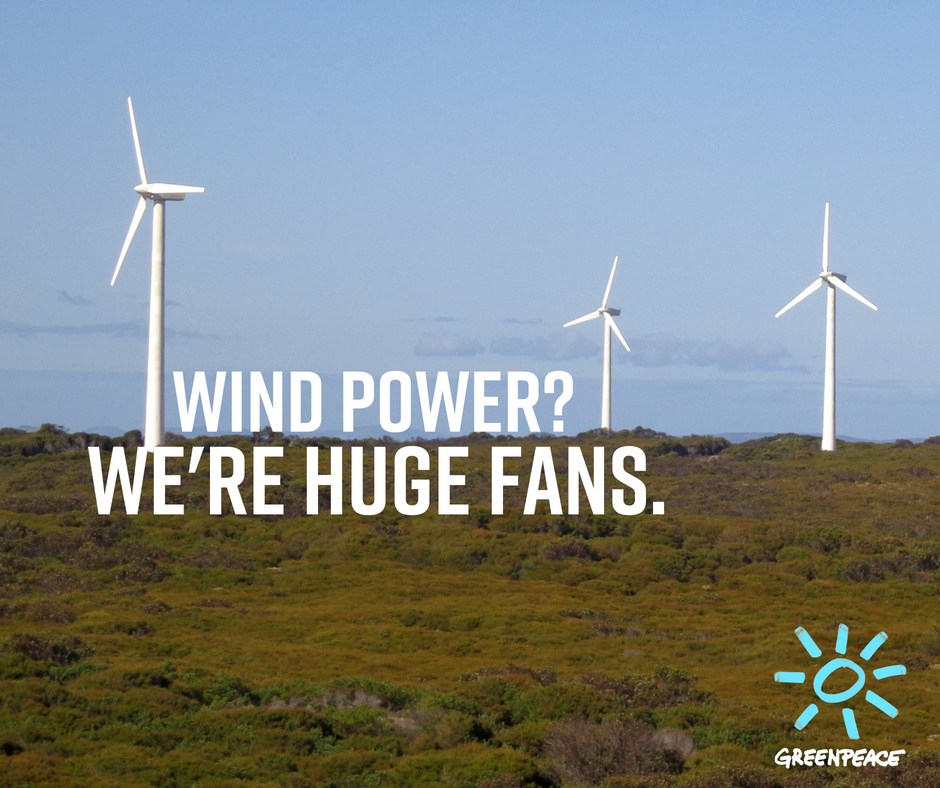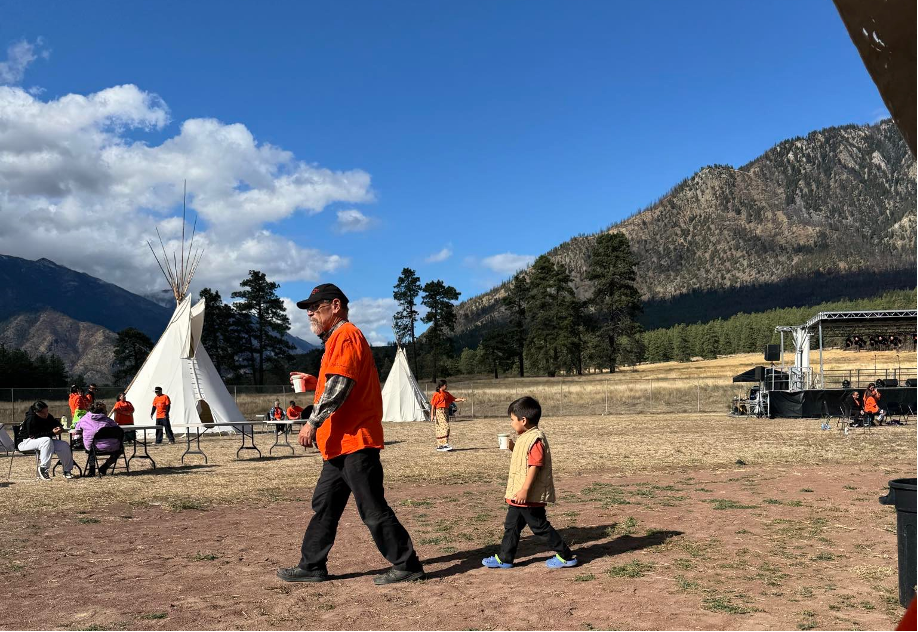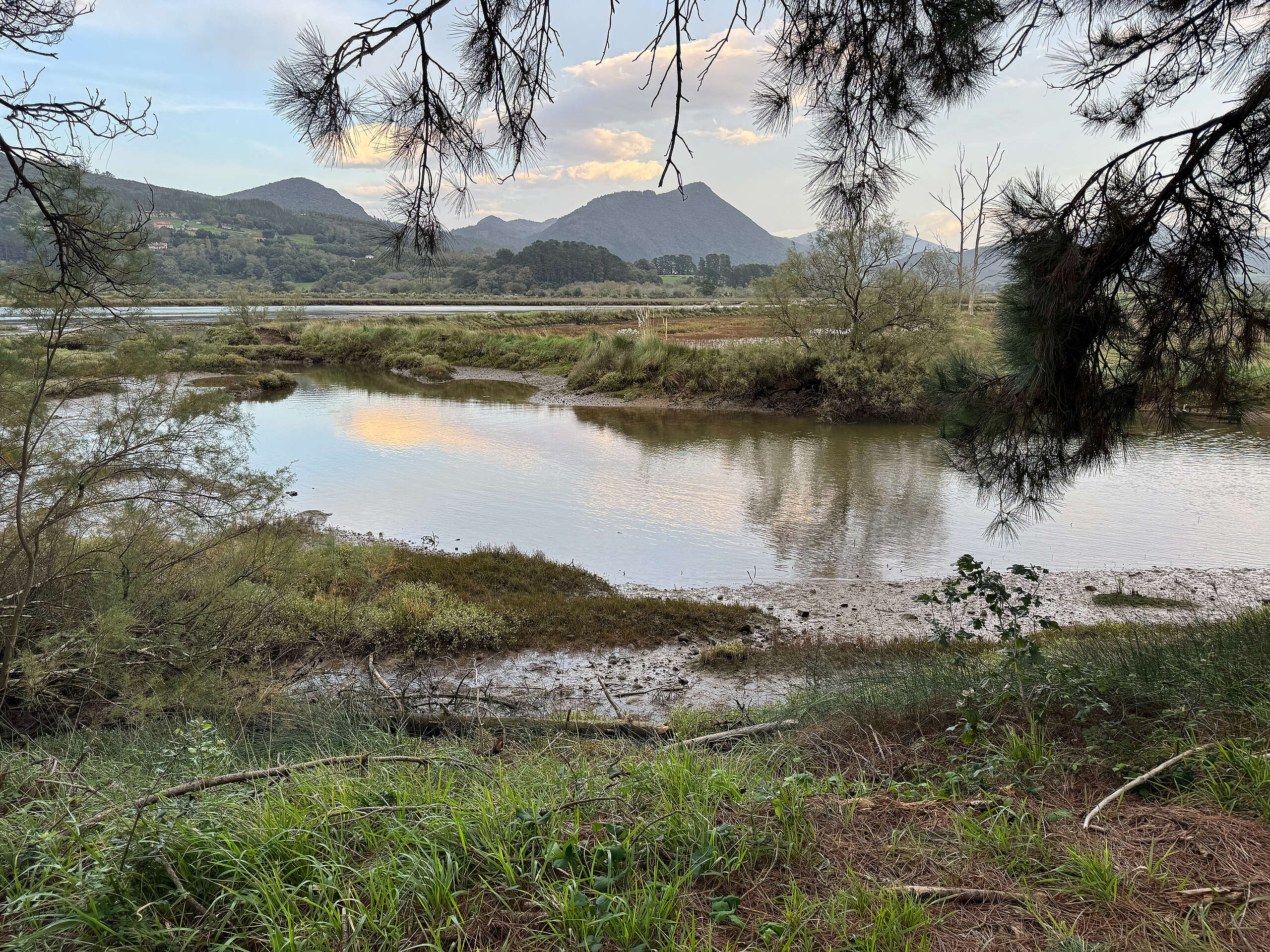Spending hundreds of millions to build wind farms and then knock them down probably isn’t a great economic strategy. Yet it’s become the Ford government’s signature move, thanks to a toxic combination of political score-settling and a willful blindness to climate-related risks.

The most recent case involves the Nations Rise Wind Farm southeast of Ottawa. Over 200 workers got pre-Christmas layoff warnings when Ontario Environment Minister Jeff Yurek announced he was pulling the projects permits.
Permits granted by the Ford government in April 2019, which allowed construction to begin in May. Currently sixteen of the twenty-nine turbines are fully- or partially-built, with commercial operation scheduled to start in February.
So much for Ontario being open for business.
Minister Yurek claimed he was concerned about the effect of the wind farm on bats. Poorly sited or managed wind farms can have a devastating effect on bats, but we have learned how to site and operate them to dramatically reduce those impacts. The evidence presented in the permitting process and the ensuing, unsuccessful legal challenge indicates that the project presents a very low risk to my favourite flying mammal (also confirmed by a bat biologist).
The same cannot be said for climate change, which poses a grave danger to bats (and the rest of us).
If it’s not really about bats, then why the reversal?
Spite is probably part of it. Listen to Conservatives talk about renewable energy and you get the impression that former-Premier Kathleen Wynne built every wind turbine with her own hands. No expense, it seems, is too great to dismantle that legacy.
Premier Ford told the Ontario legislature that he is “proud” of the $231 million cost to cancel the initial round of renewable energy contracts and he’d rip out every wind turbine in the province if he could. His Energy Minister Greg Rickford cited a publication that denies climate change is caused by humans as “one of my favourite periodicals” in defence of the decision to break those contracts.
That the minister in charge of future-proofing our energy system is basing decisions on what he reads in a climate-denial blog as is indicative of a deeper problem: a Cabinet-level failure to recognize what climate change means for our economic future.
Ontario’s Auditor General reported that the Ford government won’t come close to achieving its greenhouse gas reduction targets, which are much weaker than those of the previous government.
Perhaps Doug Ford thinks we can free-ride on the work of other to reduce emissions. But that won’t protect us from what Mark Carney, former Governor of the Bank of Canada and current Governor of the Bank of England, calls “transition risks”: the risk of being left behind in the shift to a low-carbon economy.
Carney argues that companies that fail to transition to a zero-carbon business model will be punished by investors and go bankrupt. The same is true for regional economies.
Yet Ford’s first act as Premier was to kill the cap-and-trade system that put a price on pollution and funded measures to prepare the provincial economy for a low-carbon future. Greenpeace argued that his government broke the law in doing so and Ontario’s Divisional Court agreed.
The bizarre process followed in the Nation Rise Wind Farm case – where the Minister overruled his own experts and the Environmental Review Tribunal seven months after construction started – may well prove equally unlawful. This would leave taxpayer on the hook for hundreds of millions of dollars in costs with nothing to show for it but gaping holes in our fiscal and carbon budgets.
Every wind turbine built today means less climate-changing gas burned over the next decade as nuclear plants go offline for refurbishment. In the longer term, we’re going to need all of the wind and solar power from Ford’s canceled contracts as natural gas and gasoline are replaced by electricity as the fuel of choice for heating and transportation.
It’s not just wind farms.
- The Ford government eliminated supports for electric vehicles and the provincial transit agency Metrolinx ripped out EV charging stations from its parking lots.
- Ontario is forcing gas customers to pay for expanding the natural gas network to new communities, even as other jurisdictions are banning new natural gas furnaces in favour of low-carbon alternatives.
- Most recently, the Ford government canceled its support for Hamilton’s light rail transit system that would reduce traffic and pollution, even as it proposes to find billions for a new highway that would increase both.
If we want to thrive – or even just survive – in the world being reshaped by climate change, then Ontario needs to be open for low-carbon business.




Discussion
I agree with the wind farm cut as a travesty but I was waiting for a Greenpeace Canada fun action to highlight this. Alas nothing - or did I miss something?
This is still a long way from over...
Hey Keith, I have been a big supporter of Greenpeace in the past and of course the Green Party. I'm super involved and super concerned about natural areas, wildlife, BATS, water and climate change. I don't have a car. Walk everywhere or take transit. In 2011, I submitted my name in the federal elections to run for the Green Party in my riding. Sorry don't agree with you re wind turbine projects. They are not green. Nation Rise, in my North Stormont neighborhood, was not transparent when EDP approached neighbors about hosting turbines. There should have consulted with all the neighbors who would be affected by this project, BEFORE they had their secret meetings. Nation Rise was given the option to adopt the updated Liberal government's noise guidelines for wind turbines, but guess what? They refused. That's not how real Greens behave .The 2015 Auditor General report stated that Ontario residents would be paying 9.2 billion dollars MORE over 20 years for electricity from the renewable energy contracts than we would have paid under the previous system. In fact, I got quite the shock when my electricity bill went from 250.00 -300.00. to more than 800.00 a month during the winter months, literally overnight. Mike Schreiner, leader of the Ontario Green Party stated on his website, "I was the first politician to come out against how the Liberal party was implementing the renewable energy legislation because I could see that they were stacking the deck in favor of large corporations.". These wind turbines are not community friendly. Society can make a much easier transition to fighting climate change - become a vegan. I'm vegan. In fact, not only will your pocketbook benefit by spending less on more nutritious food, but we won't have to pay for expensive wind turbines that are crippling our ability to pay our own electricity bills. If you’re serious about protecting the environment, the most important thing that you can do is stop eating meat, eggs, and dairy “products”. check out the PETA website for more details. Plus it's much kinder for the animals. Sincerely Francesca Walkey
To some of us, the real cutting travesty is all the trees logged to accommodate these oil-built gigantors, which have become symbols of Man's futile effort to shift from dense to sparse energy sources. CO2 keeps rising and I doubt tenfold more wind turbines will matter much, Landscape/seascape sprawl is the unavoidable result of their construction, and groups like Greenpeace used to fight that very thing. The notion of "carefully siting" structures this large is farcical. They get built where the wind is. We need a resurgence of deep ecology, not just energy schemes to keep growthism alive. Look up the word "windschmerz" sometime.
"Every wind turbine built today means less climate-changing gas burned over the next decade as nuclear plants go offline for refurbishment." Really? CO2 sits at 415 ppm with over 355,000 wind turbines on the planet. ERoI of their full life cycle, including common natural gas backup seems poorly accounted for. Wind power is oddly not asked to prove its efficacy. It's just assumed to be green despite its blatant visual and sonic impact. I see it as quasi-environmental haste, milked for subsidies like many other big construction endeavors. You claim to respect bats as a species while rationalizing the huge threat wind turbines pose NOW by assuming said turbines will "save" more bat down the road via unproved AGW mitigation. There are too many assumptions being made with too much ruined scenery and dead wildlife already. Don't forget the giant blades' toll on insects, like car windows in the sky. Ontario is sick of being invaded by these inverted War of the Worlds tripods, and anyone with aesthetic values should see why. When did it become rational for environmentalists to be land & ocean developers on a vast scale? It's dystopian at best.